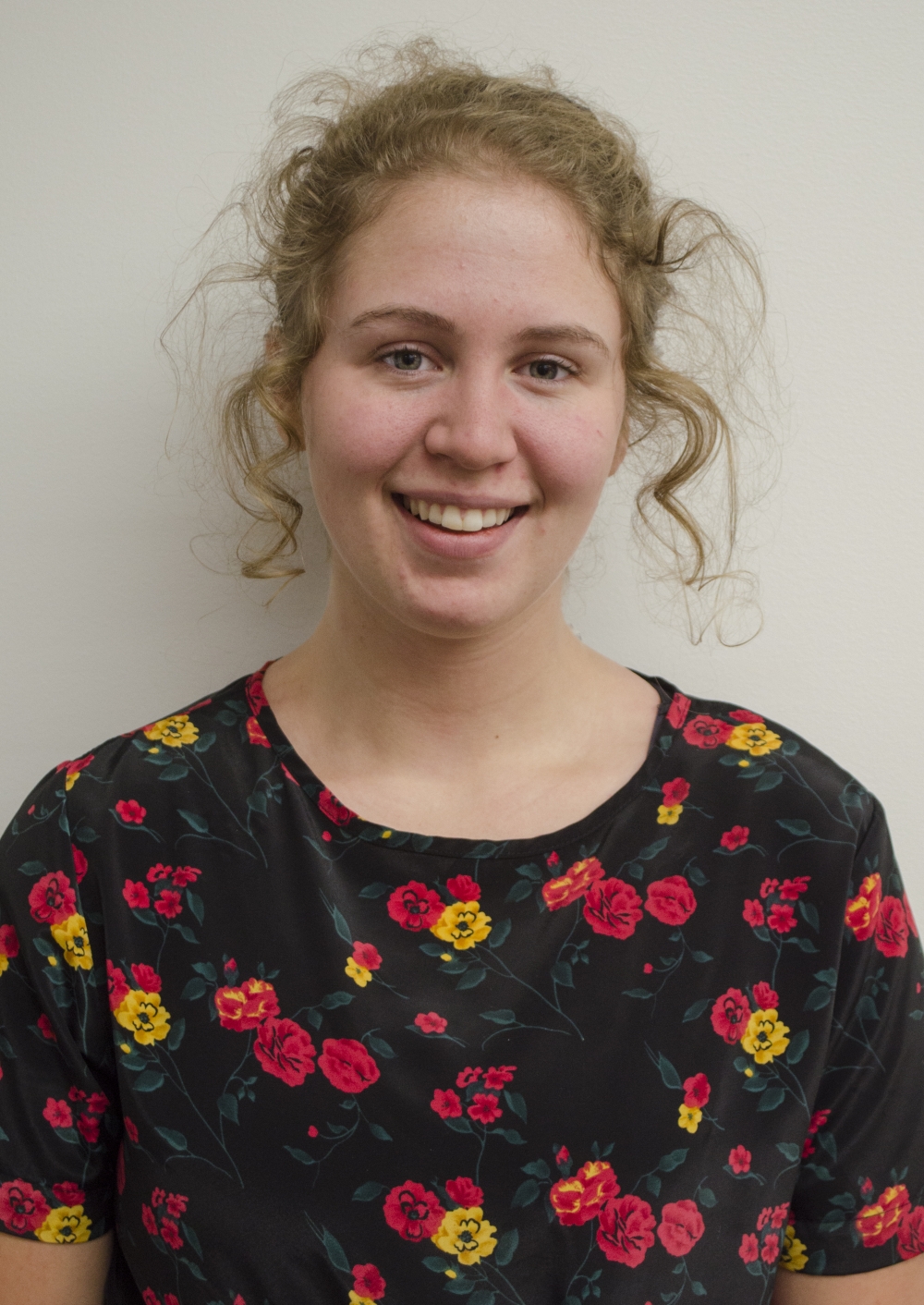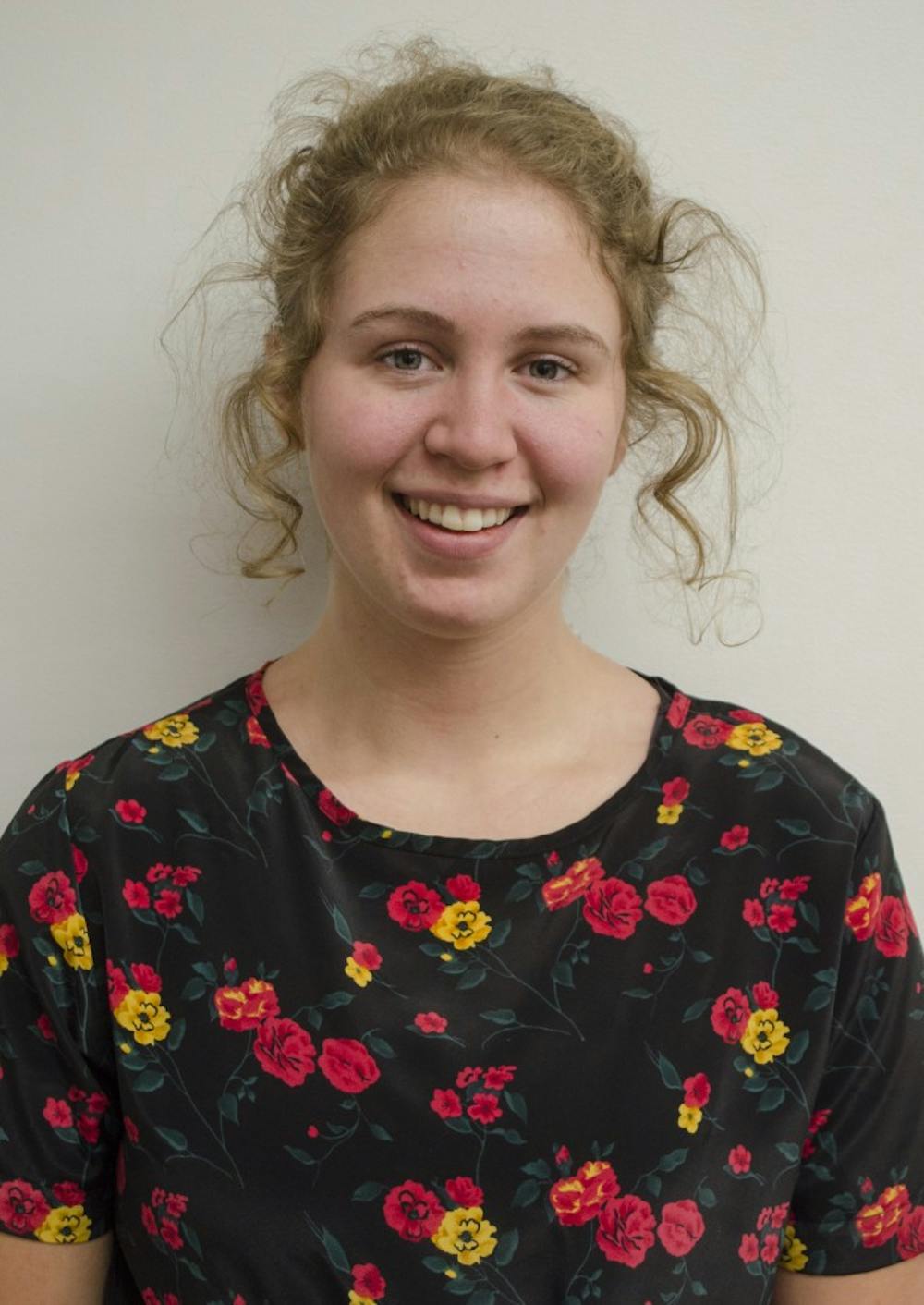Hannah Schneider is a junior communications major and creative writing minor and writes 'Schneid Comments' for the Daily News. Her views do not necessarily agree with those of the newspaper. Write to Hannah at hmschneider@bsu.edu.
Since I have been a student at Ball State, the “Tunnel of Oppression” during Unity week is one of my favorites nights of the school year.
I know it doesn’t sound like a party, but it is a rare and significant place for safe introspection.
For some background, the “Tunnel of Oppression” is a university event put on by various people in Housing and Residence Life, the Multicultural Center and numerous student organizations that advocate against different social pressures. The event brings together many RA’s on campus that exist as tour guides throughout the booths set up in the Ballroom. There are counselors waiting at the end of the tour for a debriefing session. There are cookies and coffee outside, as well as the clang of happy chatter between students waiting to enter the silent room.
 |
|---|
The room is set up with Theatre curtains dividing the floor space into consecutive booths. Each booth is dedicated to one specific form of oppression. The first one, run by the student organization Active Minds, demonstrates the effects of cyberbullying visually and textually. The next booth highlights the effects of islamophobia, after which is a both entitled ‘1 in 3’ dedicated to violence against women. There are numerous booths after this dedicated to bystander intervention, police brutality, LGBTQIA+ discrimination, stigma against atheists, the effects of Ableism and many others.
This night is powerful because it provides reverence to detrimental societal issues in a way that is empowering. The booths in which groups of students are led through provide a chance for people to safely learn about the issues. Without chiding or vehemence, it gives them a chance to absorb and introspect.
Many of the issues featured in this event are things I care about deeply. They are morally defeating, dispiriting and discouraging atrocities which lead to pain and sorrow that swirls about in our world. During “Tunnel of Oppression,” people come together to learn, discuss and reflect on the power we possess to aid these problems.
When we often ask in desperation, “What can be done to solve this terrible problem?”, the answer is usually always education. Education is not fast, simple, or always easily accessible. “Tunnel of Oppression” provides a chance for education and cultivates hope to ending societal problems.
Despite being faced with difficult issues, it gives me confidence that there are good and strong people in the world trying to educate and end the world’s oppressions. That is why it is one of my favorite nights of the school year.





